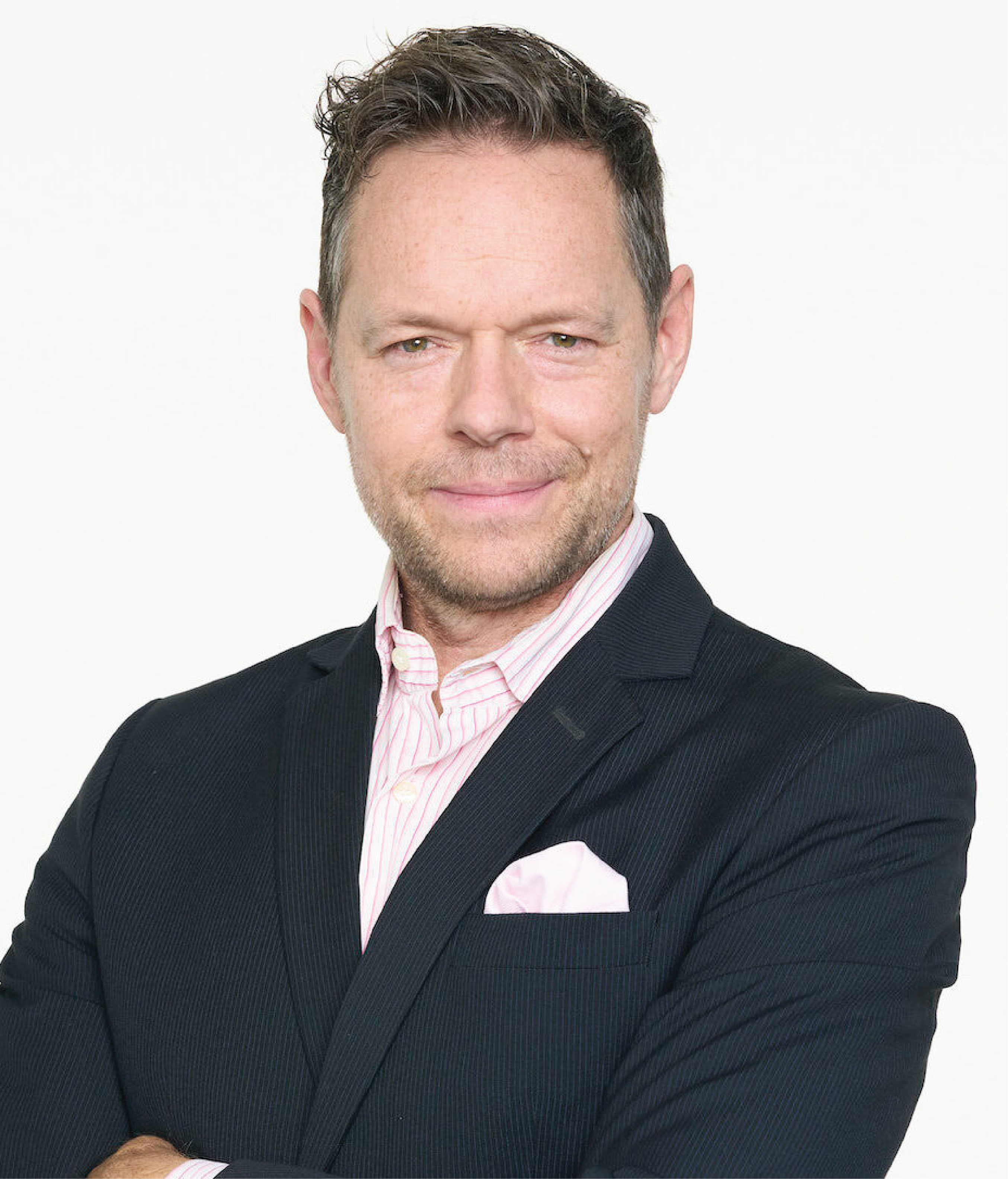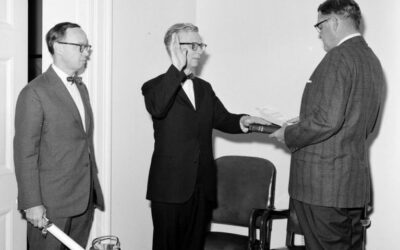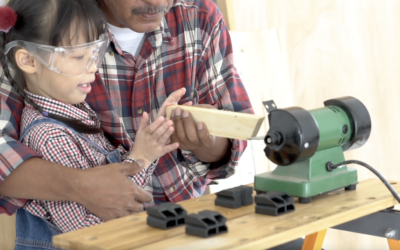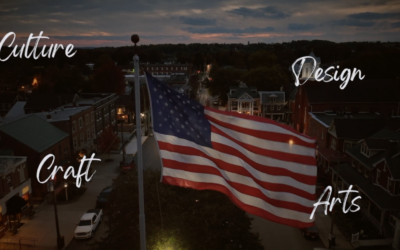4A Arts announces the release of a study with recommendations for live musician base pay and performance protections for live music performances. We partnered with Whippoorwill Arts and the Center for Music Ecosystems for this historic list of recommendations. They comprise over a year’s worth of research into the current status of the music industry and surveys with musicians across the country.
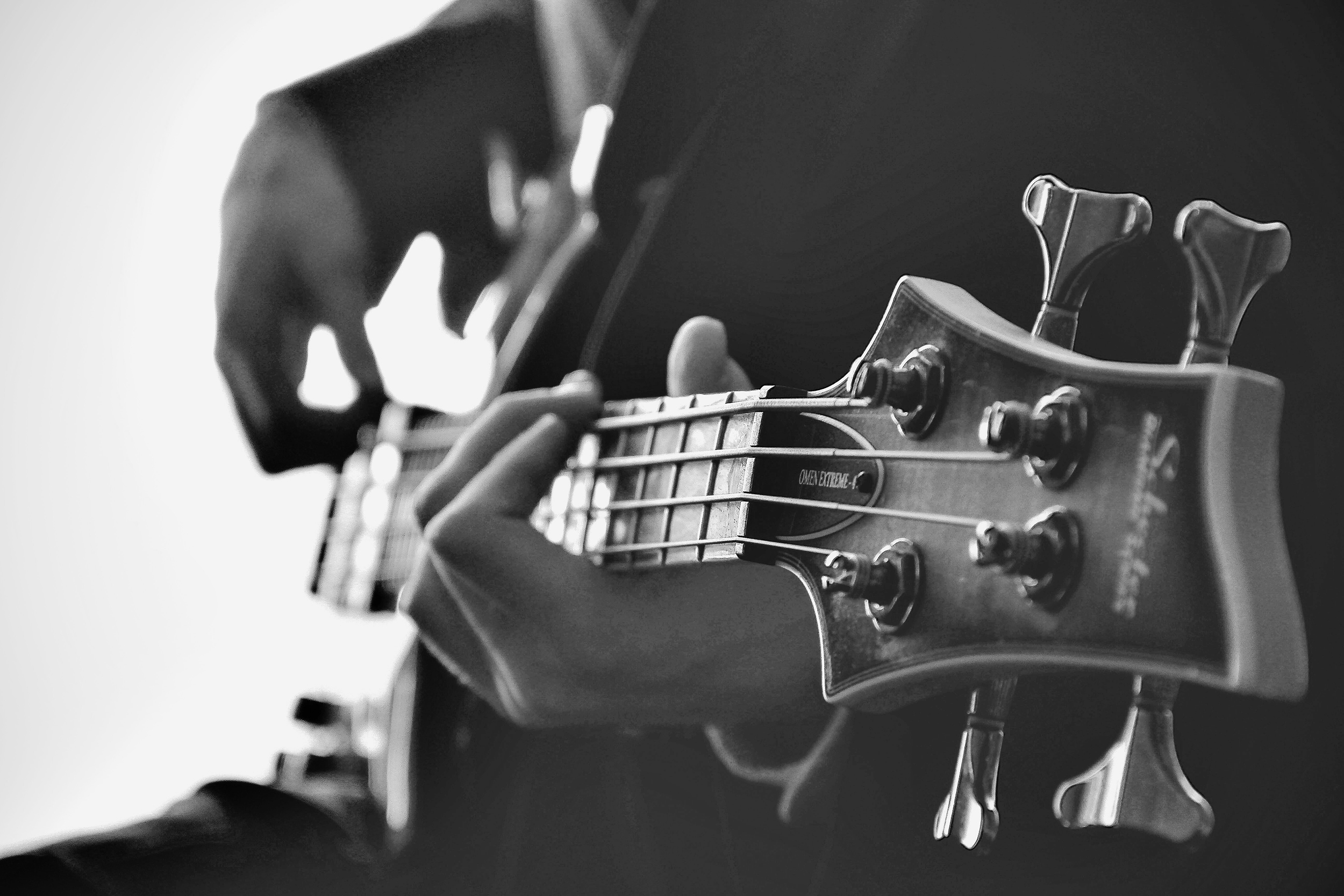
All too often, “exposure” or tips replace actual pay for the labor of musicians.
In a survey from 2021, Music Export Memphis found the most frequent answer to hourly pay rate was $100. Many musicians, however, indicated this rate has remained unchanged for decades since many of them began performing as early as 1970. Adjusted for inflation, that rate should have increased to nearly $800 an hour in 2023.
This study is the first of its kind to make recommendations focusing on paying artists who play in venues such as the nonprofit festival sector, elder care centers, rehab programs, public schools, and more in the non-commercial sector.
Many musicians’ unions across the country have their own pay scales. However, these unions often focus on large orchestras or traditional commercial venues. Therefore, exempt from those pay scales are independent professional musicians without a consensus on how and what they should be paid. Furthermore, they are left without the resources that provide professional protections against harassment and discrimination. This lack of a reference point has left musicians without context or support for their needs.
Already this study on live musician base pay has created change. Thanks to this study the 2023 Northwest Folklife Festival (Seattle, WA) began paying its musicians for the first time since its inception in 1971.
Whippoorwill Arts founder Hilary Perkins talks about the report, the process, and their mission with 4A Arts Executive Director Gavin Lodge in episode 112 of our podcast, Framing the Hammer.
We hope this study will set the bar and change practices for those who employ musicians across the country going forward.
Please read on for the full report, Short on time? Check out the executive summary on page 3!

